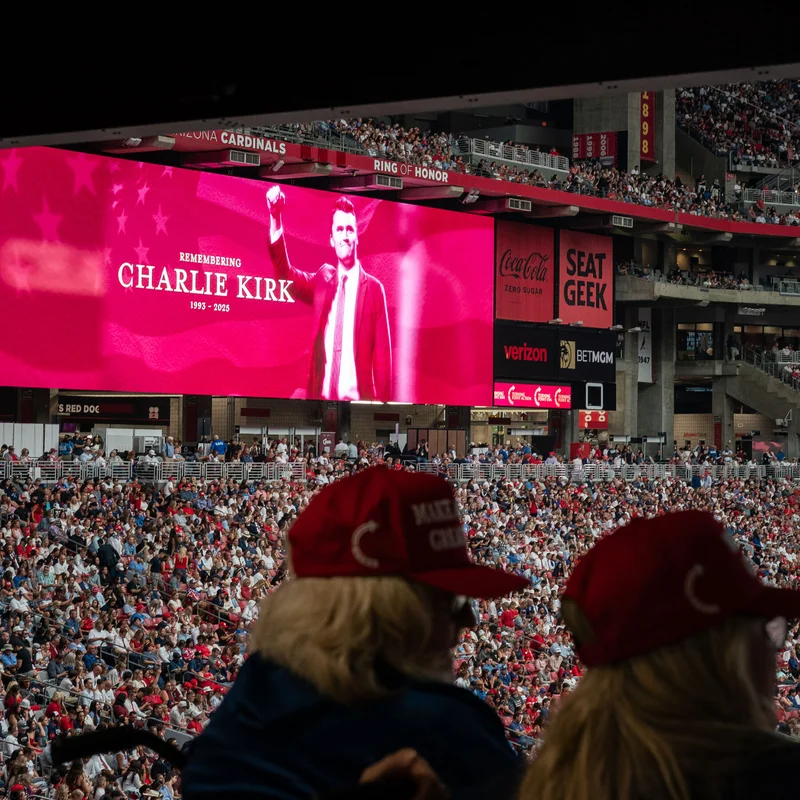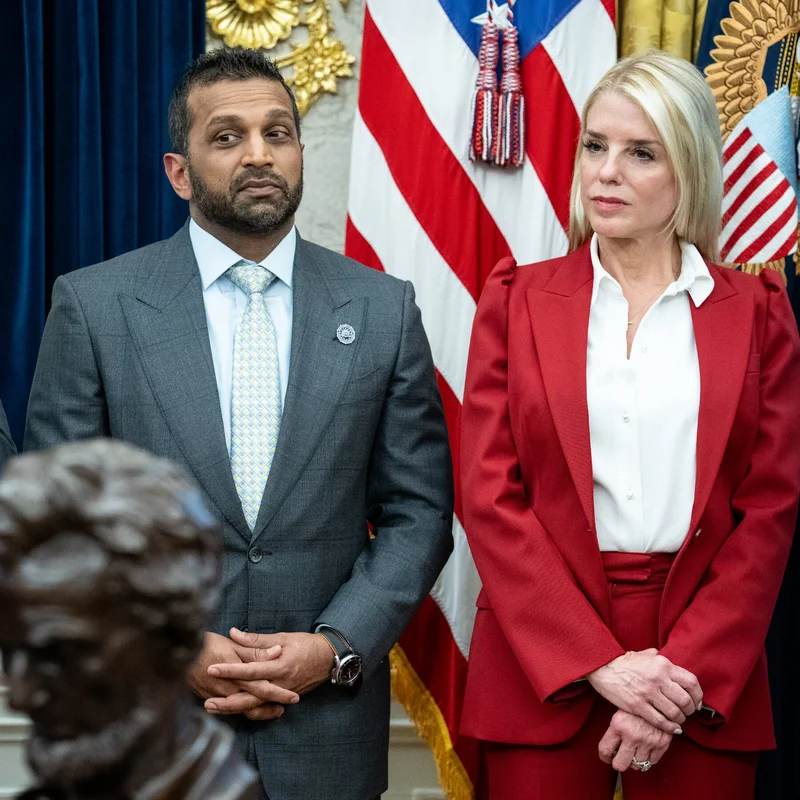In a bold and controversial move, the city of Greenville, Mississippi, imposed a strict citywide curfew this year—and the results are turning heads nationwide. With gun violence down by more than 60% since January, local leaders are calling it a public safety success story. But critics warn the policy may be trading civil liberties for short-term calm in a community long plagued by crime.
How Greenville’s Curfew Works
Enacted in February 2025, the curfew prohibits anyone under 18 from being in public spaces between 10 p.m. and 6 a.m. on weekdays and midnight to 6 a.m. on weekends. Adults over 18 aren’t technically restricted—but police have been authorized to stop and question anyone out during curfew hours if they appear “suspicious” or lack a “valid reason” for being outside.
Violators face fines up to $500 or mandatory community service. Parents can also be held liable if their children repeatedly break the curfew.
Crime Stats Before and After the Curfew
| Period | Gun-Related Incidents | Homicides | Aggravated Assaults |
|---|---|---|---|
| Jan–June 2024 (Pre-Curfew) | 87 | 14 | 112 |
| Jan–June 2025 (Post-Curfew) | 34 | 5 | 48 |
According to Greenville Police Department data, the drop in violent crime is most pronounced in neighborhoods like Westside and North Delta, where late-night shootings were once routine.
Community Reactions: Relief and Resentment
“I can finally sleep with my windows open,” said Marlene Carter, a lifelong resident of downtown Greenville. “For years, we’d hear gunshots every weekend. Now? Quiet.”
But not everyone is celebrating. Local civil rights attorney Darnell Brooks argues the curfew disproportionately targets Black youth. “This isn’t about safety—it’s about control,” he said. “Police are stopping kids for walking home from a friend’s house. That’s not justice; that’s surveillance.”
The American Civil Liberties Union (ACLU) of Mississippi has called the policy “constitutionally dubious,” citing potential violations of First and Fourth Amendment rights. So far, no legal challenge has been filed—but the group is monitoring the situation closely.
Why Greenville Took This Step
Greenville, a city of roughly 28,000 on the Mississippi Delta, has struggled with violent crime for decades. In 2024, it recorded one of the highest per capita homicide rates in the state. Frustrated by state and federal inaction, Mayor Errick D. Simmons and the City Council turned to emergency measures.
“We tried community programs, youth outreach, even midnight basketball,” Simmons told The New York Times. “Nothing moved the needle. The curfew was our last resort—but it’s working.”
National Implications
Greenville’s experiment is already inspiring similar proposals in cities like Jackson, MS, and Shreveport, LA. Proponents point to the data; opponents warn of a slippery slope toward over-policing and erosion of freedoms.
Dr. Lena Foster, a criminologist at Jackson State University, cautions against drawing long-term conclusions too soon. “Crime fluctuates for many reasons—economic conditions, weather, even social media trends,” she said. “We need at least two full years of data before calling this a model.”
What’s Next for Greenville?
The curfew is set to expire in December 2025 unless renewed. City officials say they’ll hold public forums this fall to gather feedback. For now, the streets are quieter—but the debate over how far a city should go to ensure safety is just getting louder.



